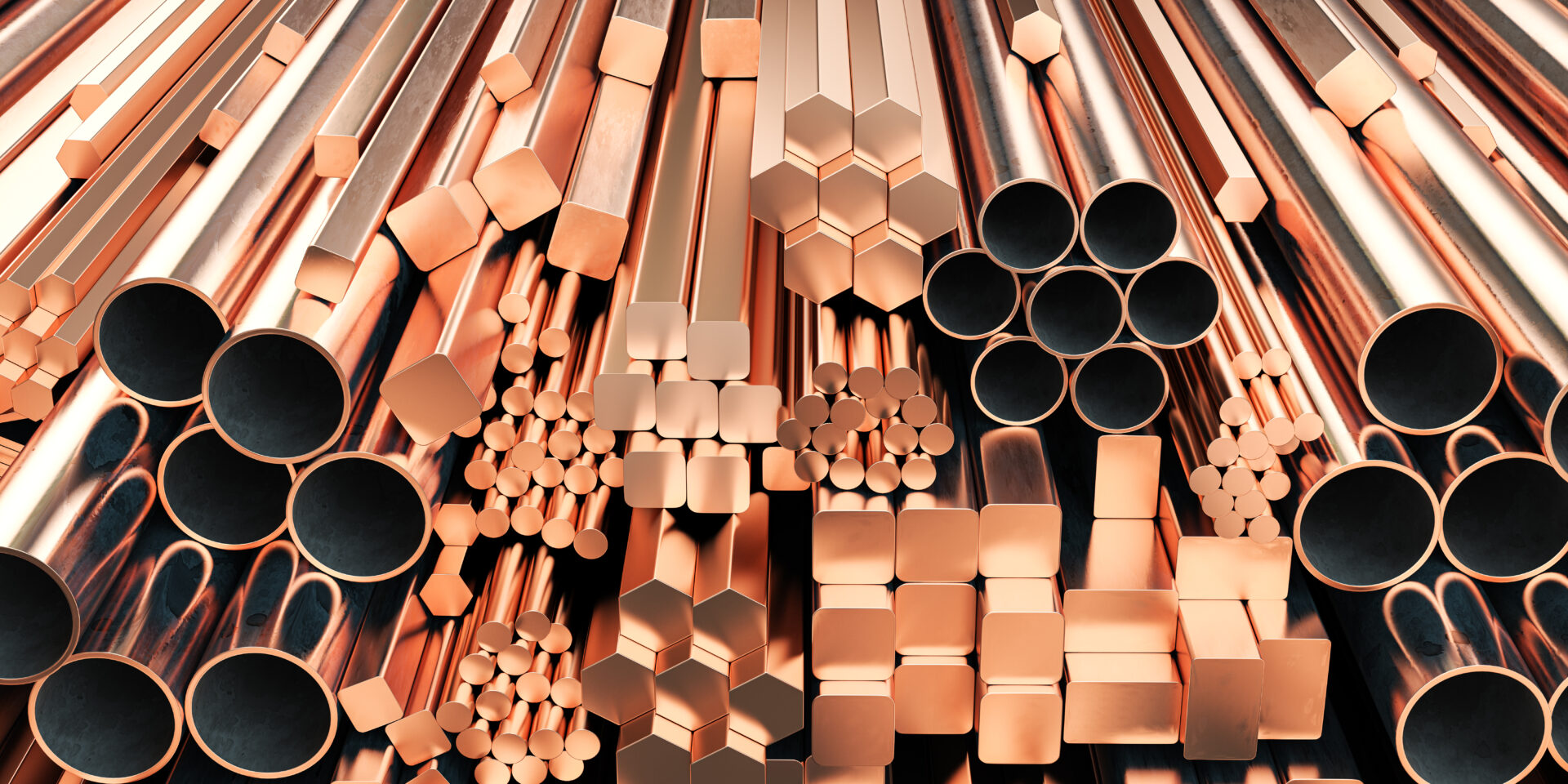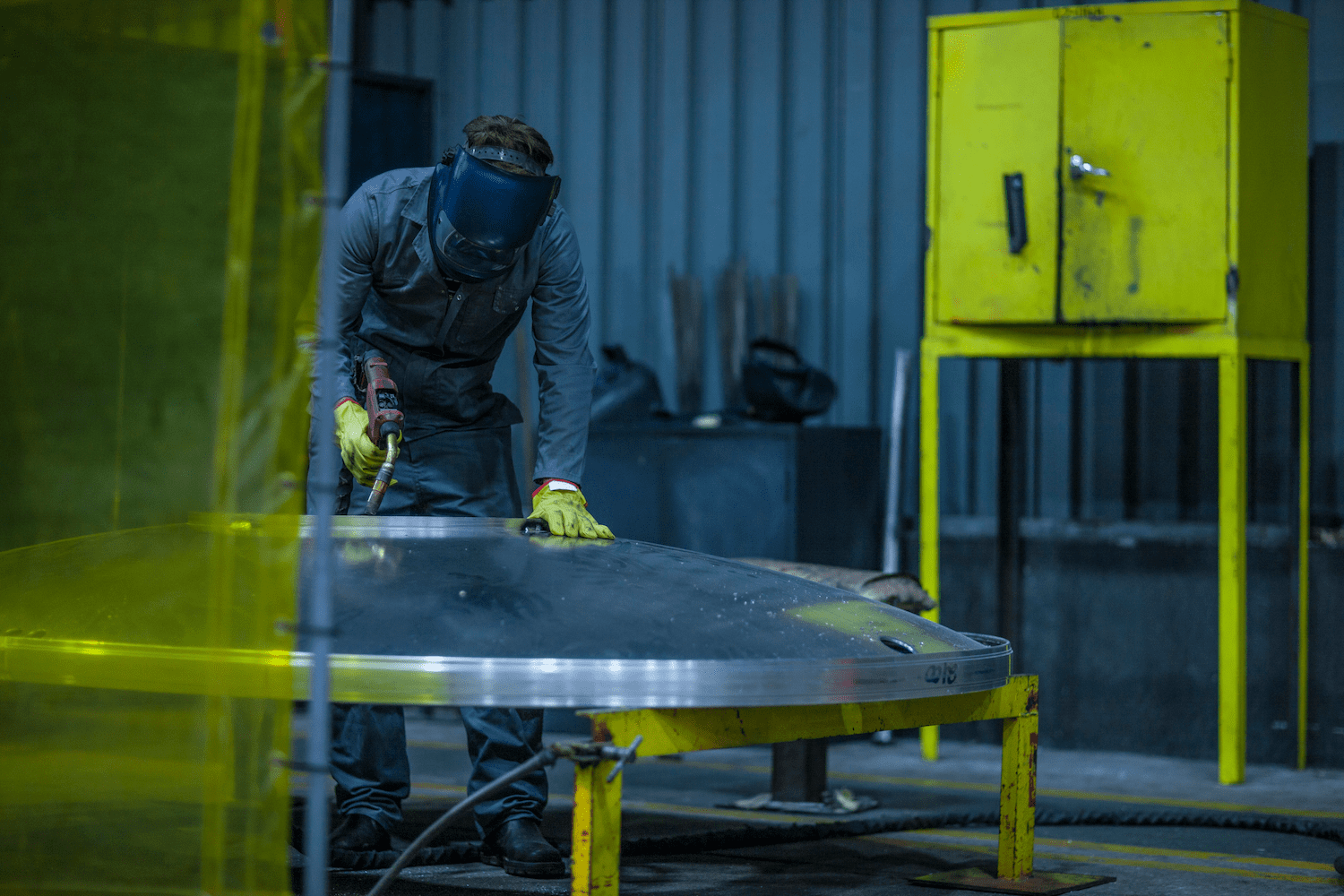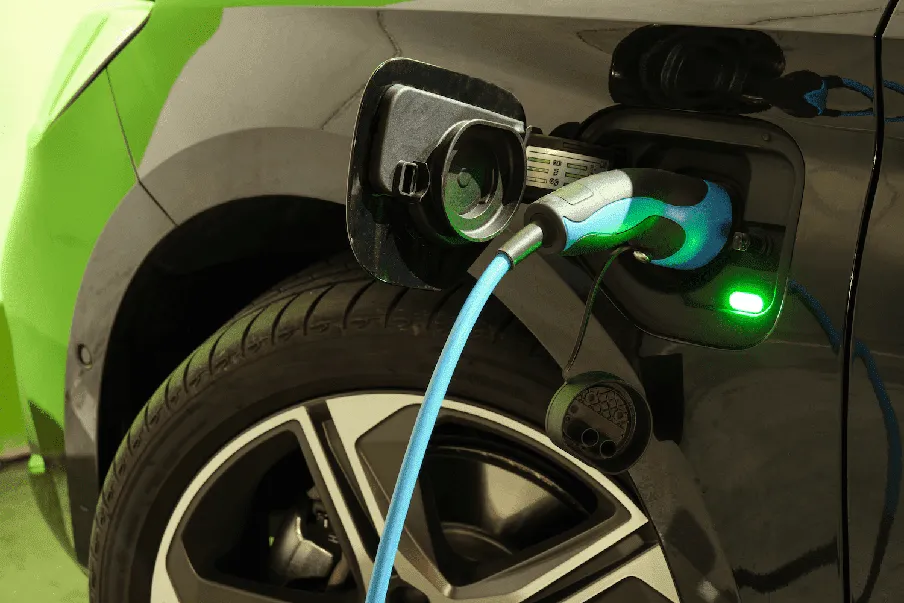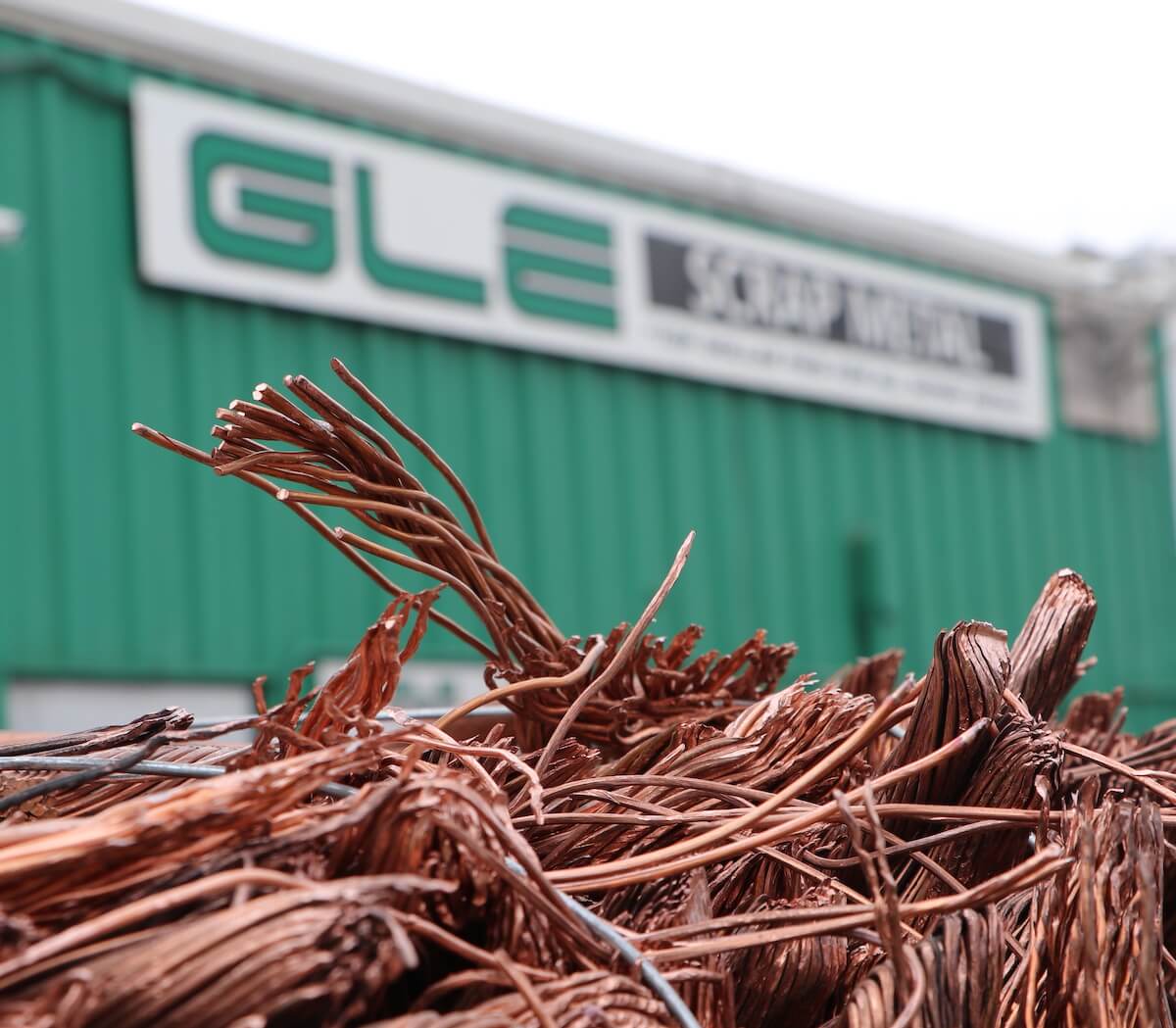
Did you know that you most likely interact with copper wire every day? The allure of copper wire lies not only in its conductivity but also in its resilience and durability. Its excellent electrical and thermal properties, combined with its malleability, make it an ideal choice for various applications.
Due to its high level of conductivity, copper wires are commonly used in electrical wiring, roofing, plumbing, and other machinery. This makes it a valuable scrap metal when it’s ready to be recycled. So, how exactly do you scrap copper wire? In this blog, we’ll answer the most pressing questions about recycling copper wire.
So, strap in and get ready to make the most out of your scrap!
What is Copper Wire?
To begin, copper, one of the world’s oldest metals, boasts a rich history dating back over 10,000 years. Its exceptional conductivity, malleability, and corrosion resistance have made it indispensable in applications ranging from electrical wiring and plumbing to intricate electronic circuits and architectural design.
Copper wiring serves as the backbone of electrical infrastructure, transmitting power and data reliably in homes, industries, and technology. Its malleability and efficiency make it the preferred choice for electrical and electronic applications, ensuring a seamless flow of energy and information.

What is Bare Bright Copper Wire?
When it comes to red metals like copper, there are different grades that indicate the value of the scrap (#1 Copper is considered to be bare bright). #1 Copper is often referred to as “bright and shiny” copper and represents one of the purest forms of copper scrap available for recycling.
Its name accurately describes its appearance—untarnished, clean, and free of any insulation, solder, or other contaminants. This high-grade copper wire is commonly sourced from electrical cables, motors, and other applications where purity is paramount.
Due to its purity, bare bright copper wire commands a premium in the recycling market, making it a valuable commodity for both environmental stewardship and economic sustainability.
How to Scrap Copper Wire
Copper is 100% recyclable, and up to 60% of all copper in the U.S. comes from recycled scrap. Scrapping copper wire not only contributes to resource conservation but can also put some extra cash in your pocket. However, it’s essential to approach this process responsibly and safely.
Here is a step-by-step guide on how to scrap copper wire effectively:
- Gather Your Copper Wire: Start by collecting all the copper wire you want to scrap. This wire can come from various sources, including old electrical cables, extension cords, appliances, and electronics.
- 2. Separate by Grade: Before heading to the scrap yard, sort your copper wire by grade. The most valuable grade is Barebright Copper Wire, which is clean, uncoated, and free from insulation. Other grades include #1 copper wire (clean with insulation) and #2 copper wire (insulated and may have some contamination). Keeping these grades separate will help you get the best price.
- Remove Insulation*: If you have the necessary tools and experience, you can strip the insulation from copper wire to increase its value. However, this is a time-consuming and potentially hazardous process, so it’s often best left to professionals. Full-service scrap metal recyclers have the expertise and equipment for safe and efficient insulation removal.
- Prepare Your Scrap: Bundle or coil the copper wire neatly to facilitate the weighing process at the scrap yard. This can save you time and ensure that you get an accurate measurement.
- Research Scrap Prices: Before visiting the scrap yard, check the current market prices for copper. Scrap prices can fluctuate, so being aware of the market conditions will help you negotiate a fair deal.
- Locate a Reputable Scrap Yard: Find a local scrap yard that specializes in metal recycling. Make sure the yard is licensed and adheres to environmental regulations.
- Visit the Scrap Yard: Take your prepared copper wire to the scrap yard. Many scrap yards will require you to provide identification, such as a driver’s license or passport, to complete the transaction.
- Weigh and Get Paid: At the scrap yard, your copper wire will be weighed, and you’ll receive compensation based on the weight and the current market price.
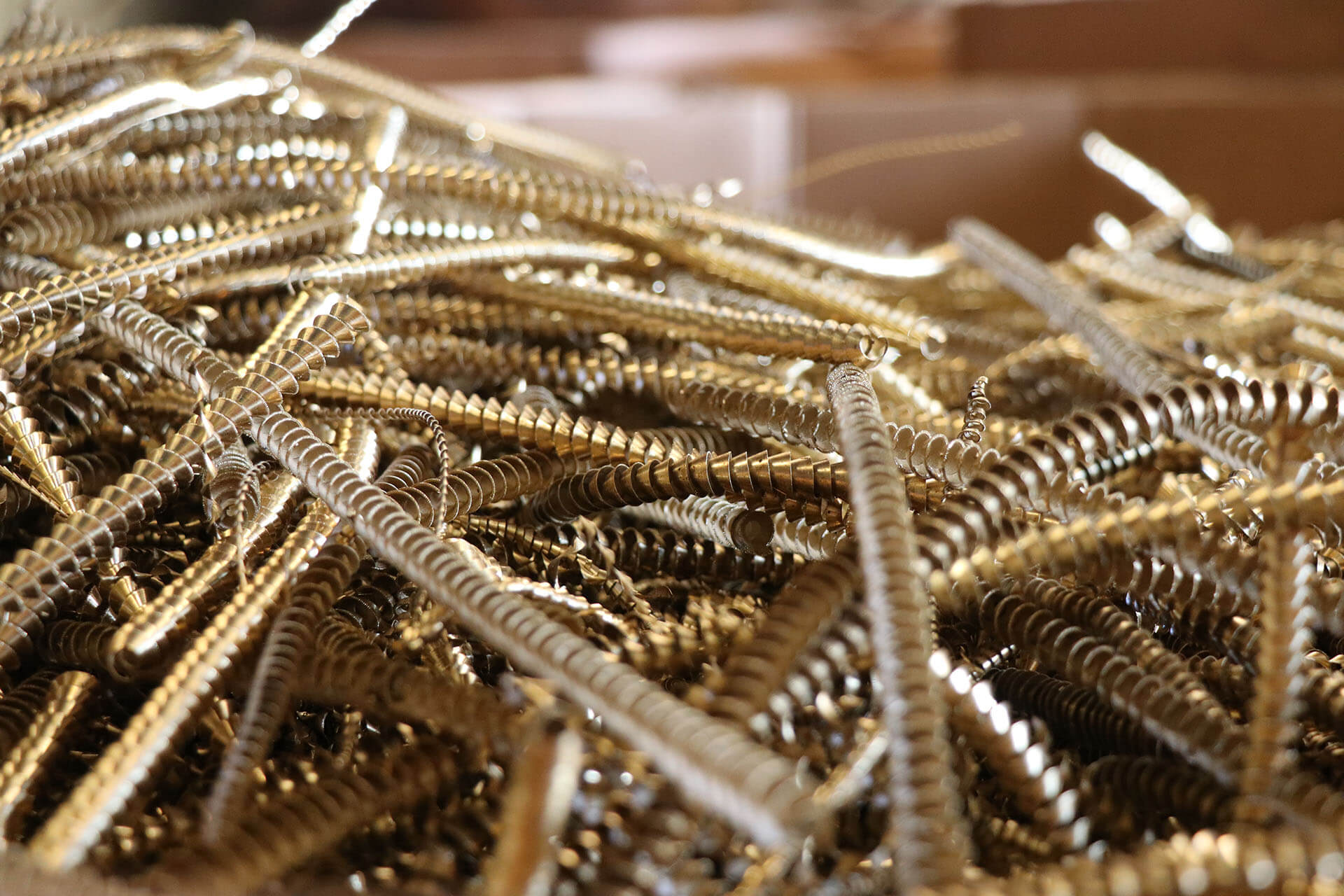
Mistakes to Avoid
One crucial point to note is that most people should avoid stripping the wire at home. Stripping the wire to remove insulation may seem like a cost-saving measure, but it’s a time-consuming and potentially dangerous task. Home stripping can expose you to harmful fumes, sharp tools, and electrical hazards, making it a task best left to professionals.
Instead, the most efficient and secure way to scrap copper wire is to bring it to a full-service scrap metal recycler. These facilities have the expertise and equipment to handle the entire process safely. They can efficiently strip, sort, and weigh your copper wire, ensuring you get the best price for your scrap.
Can You Sell Copper Wire?
Yes! You can sell copper wire, and it’s a viable way to both declutter your space and earn some extra money. As mentioned earlier, the value of your scrap depends on the grade of copper it is and how much it weighs. Whether you have old electrical cables, wiring, or other copper-based materials, there’s a thriving market for scrap copper wire that encourages responsible recycling.
How to Sell Copper Wire
Selling copper wire is a straightforward process. Begin by gathering your copper wire, sorting it by grade, and preparing it for sale. Then, find a reputable scrap yard that specializes in metal recycling. Bring your prepared copper wire to the scrap yard, where it will be weighed, and you’ll receive compensation based on the current market price.
Following these steps, you can efficiently sell copper wire and make a valuable contribution to the recycling effort.
Who Buys Recycled Copper Wire?
Recycled copper wire finds a diverse array of buyers across various industries, each recognizing the immense value of this sustainable resource. In the construction and electrical sectors, manufacturers and contractors eagerly purchase recycled copper wire for use in wiring, cabling, and electrical components.
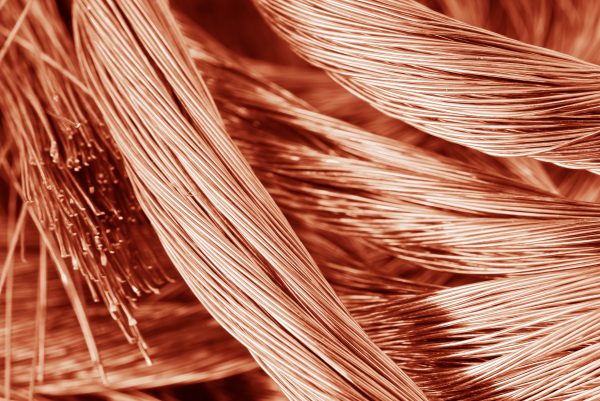
Telecommunications companies acquire it to meet their high-performance standards. The automotive industry depends on recycled copper wire for wiring harnesses, connectors, and other critical components. Moreover, manufacturers of consumer electronics, from smartphones to computers, incorporate recycled copper wire into their intricate circuitry.
Environmental consciousness has also led to a surge in demand for renewable energy applications, such as wind turbines and solar panels, where copper wiring plays a pivotal role. The universal appeal of recycled copper wire highlights its integral role in advancing sustainability and circular economy practices across a wide spectrum of industries.
How Much is Copper Wire?
As we’ve mentioned a couple of times throughout this article, the value of copper wire can vary significantly depending on several factors including its grade, quality, and the current market conditions.
Bare bright copper wire, the highest grade, generally commands the highest prices due to its purity and minimal contamination. It often sells at a premium compared to lower-grade wires that may have insulation or other contaminants.
The prevailing market prices for copper also fluctuate, reflecting supply and demand dynamics, global economic conditions, and other factors. As of 2023, the price per pound of scrap copper varies is around $3 give or take a few cents.
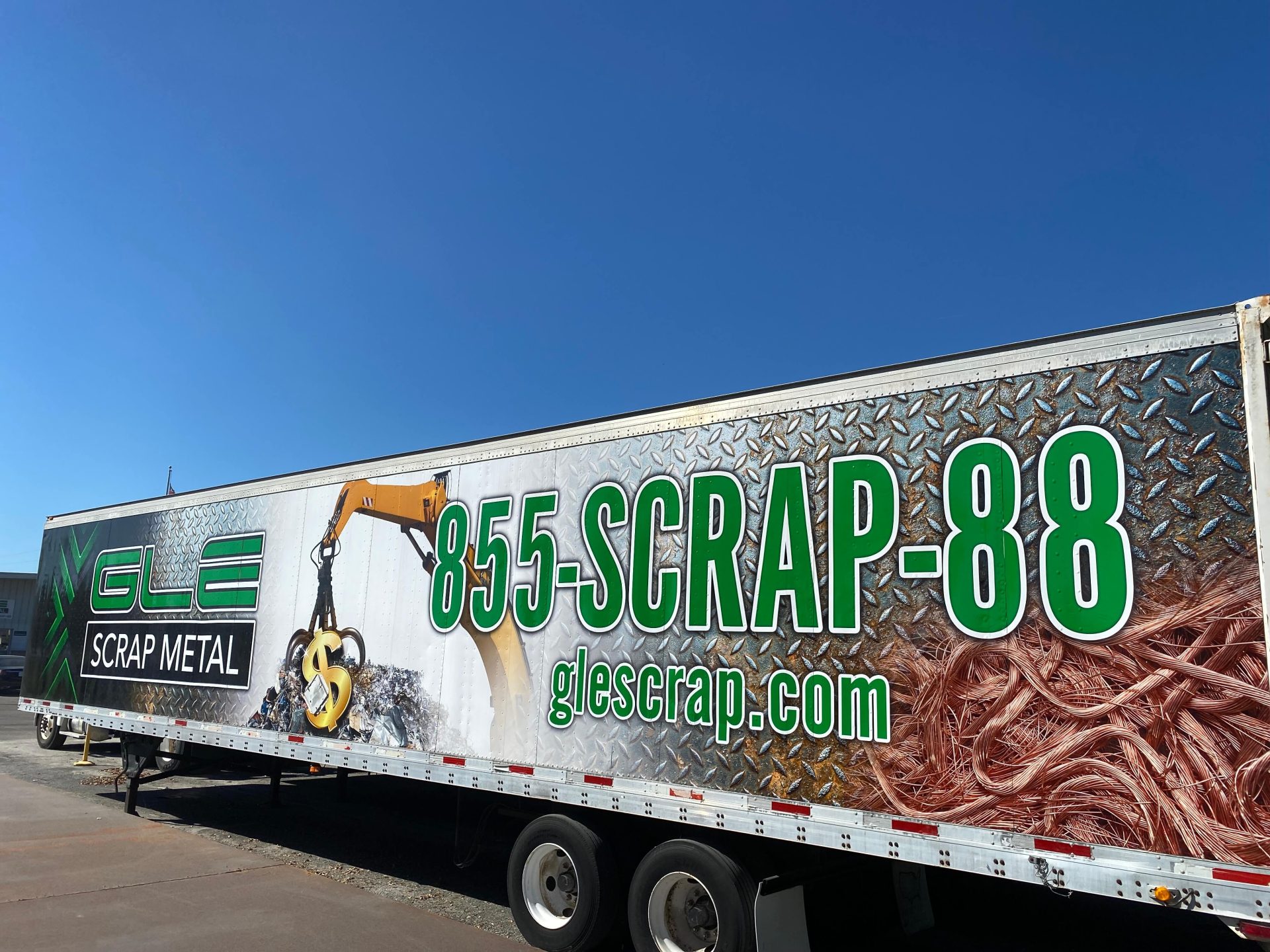
Make the Most Out of Your Scrap With GLE
Whether you’re looking to declutter your space, support environmental conservation, or simply earn some extra cash, the value of copper wire is undeniable. Recycled copper retains up to 90 percent of its value compared to newly-made copper, making it a sustainable and cost-effective choice for various industries, including electronics manufacturing.
When copper and other electronic metals end up in landfills, they pose a significant risk of contaminating soil and groundwater. To prevent these environmental hazards, we urge anyone with used copper and other metals to reach out to us today at 855-SCRAP-88 for a personalized quote.
At GLE Scrap Metal, we pride ourselves on being a full-service scrap metal recycler with locations in Michigan and Florida. Our mission is to ensure that good copper doesn’t go to waste or contribute to environmental damage in landfills. Instead, let us guide you with competitive pricing and a commitment to putting your copper back into productive use.

